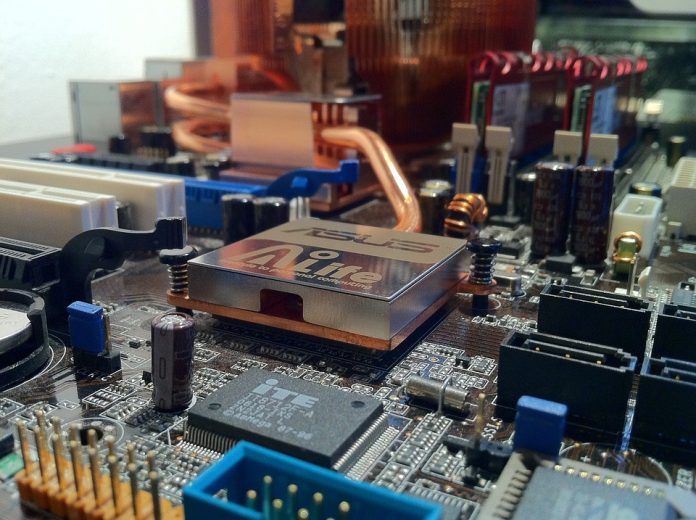Machine Learning: Empowering Smart Cities of the Future
In this digital age, cities around the world are constantly evolving, transforming into smart cities equipped with advanced technologies and innovations. These smart cities aim to enhance the quality of life for their residents by leveraging data and technology to optimize various aspects of urban living such as transportation, public safety, energy efficiency, and more. One of the key technologies driving this transformation is machine learning.
Machine learning, a subset of artificial intelligence (AI), is the science of training computers to learn and make predictions or decisions without being explicitly programmed. Through the use of algorithms and statistical models, machine learning enables computers to analyze massive amounts of data and extract valuable insights, allowing for intelligent decision-making and automation.
In the context of smart cities, machine learning plays a crucial role in addressing the challenges faced by urban environments. Here are some of the ways machine learning empowers smart cities of the future:
1. Transportation Optimization:
One of the biggest issues in urban areas is traffic congestion. Machine learning algorithms can analyze real-time traffic data from sensors, cameras, and other sources to predict traffic patterns, identify congestion points, and optimize routes for better traffic flow. This ensures efficient transportation and reduces travel time for residents, ultimately improving the overall quality of life.
2. Energy Management:
Smart cities strive to be sustainable and energy-efficient. Machine learning can help cities analyze energy consumption patterns and optimize energy usage in buildings and infrastructure. By monitoring and predicting energy usage, machine learning algorithms can make adjustments to HVAC systems, lighting, and other energy-intensive processes, resulting in significant energy savings and reduced carbon emissions.
3. Public Safety:
Machine learning can aid in enhancing public safety and crime prevention. By analyzing data from various sources such as surveillance cameras, social media, and emergency services, machine learning algorithms can detect anomalies, identify potential crime hotspots, and provide early warning systems for suspicious activities. This helps law enforcement agencies allocate resources effectively and respond proactively to ensure the safety of citizens.
4. Waste Management:
Efficient waste management is essential for maintaining a clean and healthy environment in cities. Machine learning algorithms can analyze historical and real-time data on waste generation, collection routes, and recycling rates to optimize waste collection schedules, route planning, and recycling initiatives. This reduces unnecessary trips, minimizes costs, and promotes sustainable waste management practices.
5. Urban Planning:
Machine learning can assist in urban planning by analyzing demographic data, climate patterns, and infrastructure needs. By considering various factors, machine learning algorithms can generate accurate models and simulations that help city planners make informed decisions on infrastructure development, resource allocation, and disaster management. This empowers smart cities to be more resilient and adaptable to future challenges.
As machine learning advances and technology becomes more integrated, smart cities will continue to evolve, becoming more efficient, sustainable, and citizen-centric. However, it is crucial to address potential concerns regarding data privacy, security, and ethical use of machine learning algorithms.
In conclusion, machine learning is a powerful tool that empowers smart cities of the future. By leveraging the capabilities of machine learning, cities can optimize transportation, manage energy consumption, improve public safety, enhance waste management, and make informed urban planning decisions. The potential of machine learning in smart cities is immense, and as technology progresses, it holds the promise of creating truly intelligent and livable cities for future generations.

